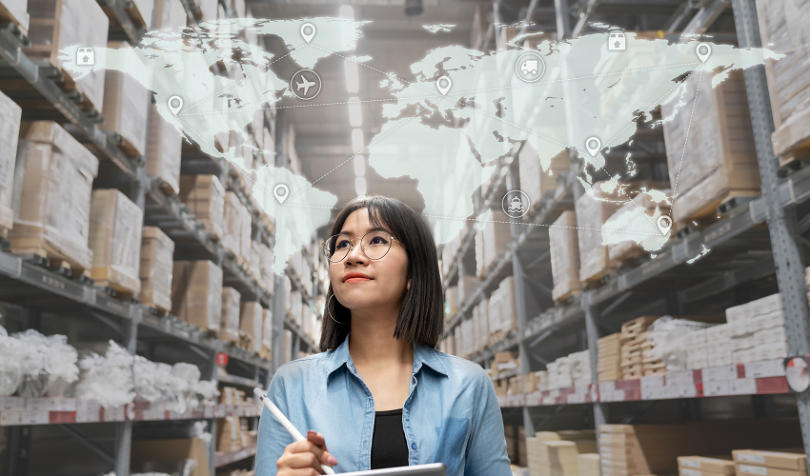Yesterday, the Chinese government revealed that it plans to use blockchain in numerous aspects of cross-border trade in Hangzhou. The area, highly active in manufacturing and e-commerce, has seen the positive effects of digital transformation. Among other new initiatives, blockchain will further improve data integrity and transparency.
China’s statement focused on the logistics and e-commerce enterprises in Hangzhou, which manage the $37.4 billion of imports and exports through the area. It contains bonded (tax neutral) warehouses from which goods destined for foreign countries must go through customs clearance before leaving, and imports must be checked before entering.
This process has already been modernized with digital systems. Yesterday’s article claims that Hangzhou’s import clearance times have been reduced from an average of 191 hours to 27 hours, with exports only at 0.2 hours.
Whether this is due to China’s blockchain customs compliance system announced in June is not confirmed. However, the system, built by Powerbridge, is focused on ports and based in Nanning, not Hangzhou. Yesterday’s release is for warehouse clearance rather than ports.
The new project, in collaboration with the Hangzhou Internet Court, plans for data from customs clearance, exchanges, taxation, transportation, and payments to be stored on a blockchain. This will improve the trustworthiness of information and, in turn, make for efficient auditing.
Other innovations announced yesterday include research and development centers, a digital distribution platform, ‘Cross-border e-commerce College’ for training, and tax rebate pool for exporting enterprises.
Similarly, US Customs is trialing blockchain technology for facilitation and likely auditing. Ports such as those in Thailand and Saudi Arabia are currently seeing the most customs innovation, as opposed to bonded warehouses.







